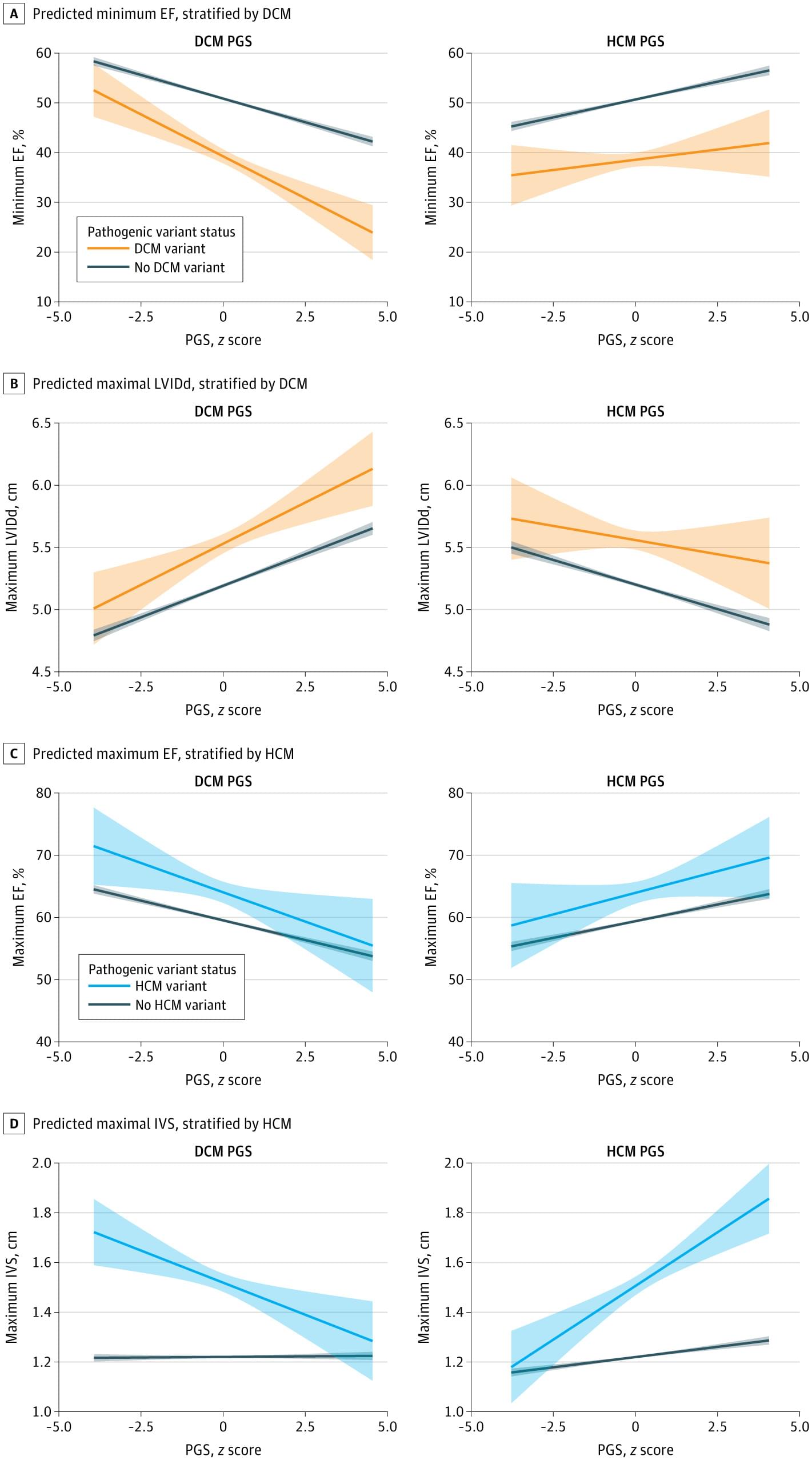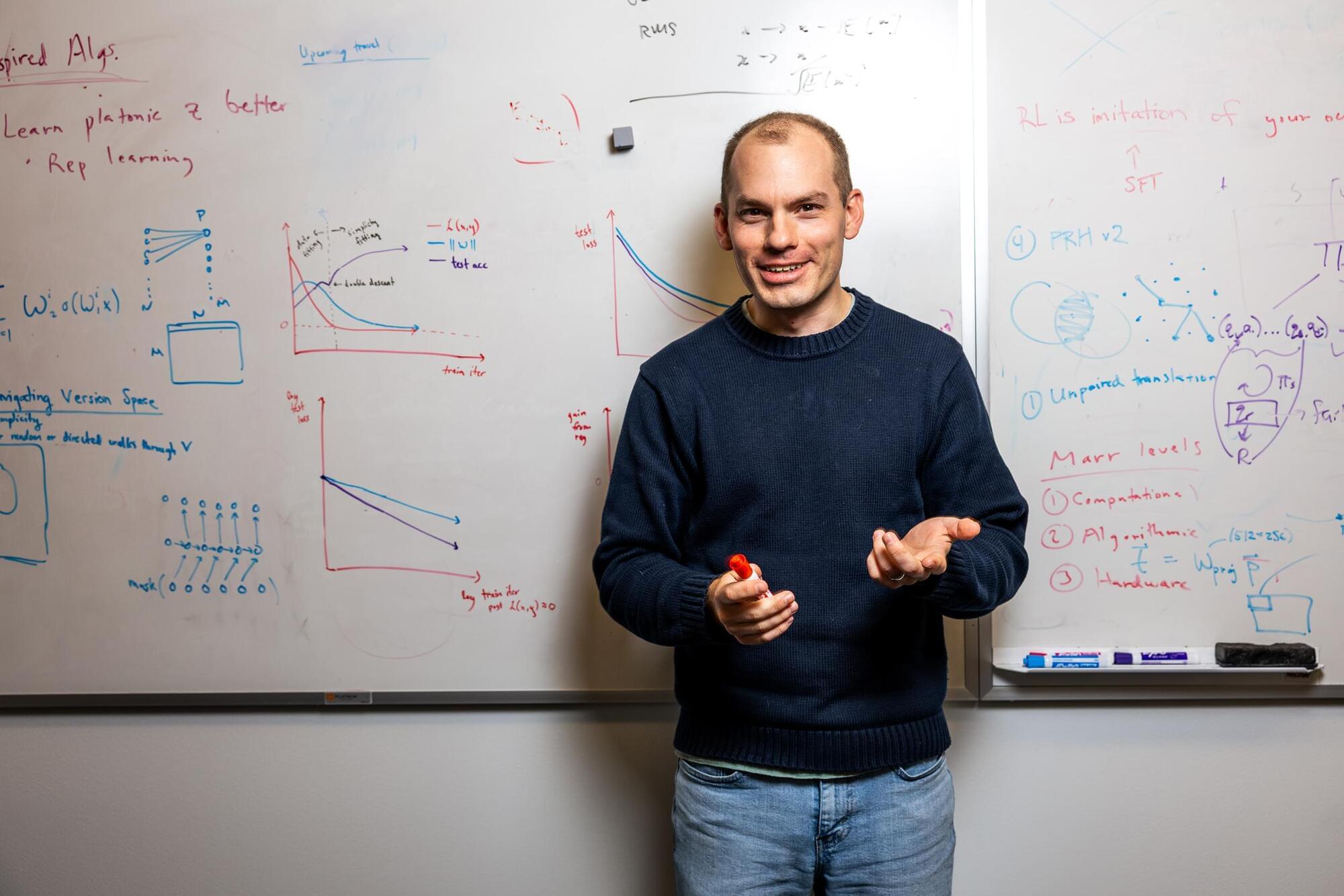Make it as good as upscaling.



Taipei, Dec. 30 (CNA) Taiwan Semiconductor Manufacturing Co. (TSMC), the world’s leading advanced chipmaker, officially began volume production of its 2-nanometer chips in the fourth quarter of 2025, according to a recent update on the company’s website.
The low-key announcement confirms that TSMC met its original roadmap for the next-generation technology. Production is currently centered at Fab 22 in Kaohsiung, utilizing the company’s first-generation nanosheet transistor technology. The new architecture achieves “full-node strides in performance and power consumption,” the website said.
The company described the 2nm process as the most advanced in the semiconductor industry in terms of transistor density and energy efficiency, adding that it is designed to “address the increasing need for energy-efficient computing,” particularly for AI and mobile applications.

Thanks to Einstein’s relativity, time flows differently on Mars than on Earth. NIST scientists have now nailed down the difference, showing that Mars clocks tick slightly faster—and fluctuate over the Martian year. These microsecond shifts could play a big role in future Mars navigation, communications, and even a solar-system-wide internet. It’s a small time gap with big consequences for space exploration.




Wang et al. integrated ST-seq, scRNA-seq, and scATAC-seq data to profile transcriptional and chromatin dynamics in D. japonica head blastema at 5 dpa. They pinpointed the DjTcf4 gene network acting as a master transcription regulator to ensure cells rebuild complex structures like eyes in the right place and time.

Polygenic scores for hypertrophic and dilated cardiomyopathies independently and oppositely modified disease risk and penetrance of pathogenic variants, supporting bidirectional genetic influences on Cardiomyopathy.
Question How is risk of hypertrophic and dilated cardiomyopathy modified by polygenic background?
Findings In this cross-sectional study including 49 434 individuals in the Penn Medicine BioBank, polygenic scores for hypertrophic and dilated cardiomyopathies were associated with clinical and echocardiographic measures relevant to both diseases and inversely modified the penetrance of pathogenic variants.
Meaning The findings indicate that polygenic background exists on an overlapping, opposing spectrum and may contribute to hypertrophic and dilated cardiomyopathy susceptibility.

Recent studies have examined the connection between endometriosis and cancer, revealing that the condition may exhibit several traits commonly associated with malignant tumors. Researchers have identified specific characteristics of endometriosis that align with established hallmarks of cancer, prompting a reevaluation of how this chronic gynecological disorder is understood and approached in medical research.
The investigation highlights parallels between endometriosis and cancer, including features such as abnormal cell growth, resistance to cell death, and the ability to invade surrounding tissues. These findings suggest that while endometriosis is not classified as a form of cancer, it shares biological behaviors typically observed in malignancies. The study underscores the complexity of endometriosis and its potential implications for treatment strategies and further research into its underlying mechanisms.
Newsflash | powered by geneonline AI.
